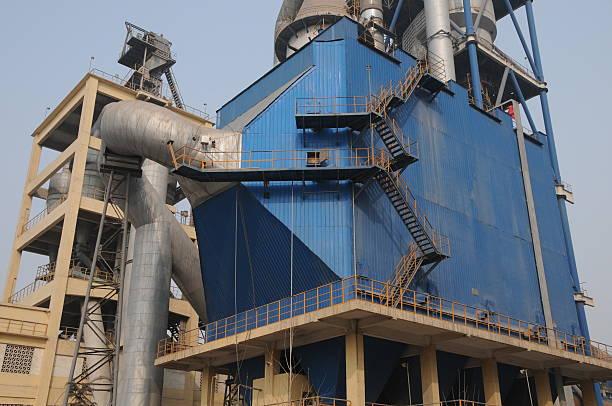Pulse jet filter bags are critical components in industrial filtration systems, playing a vital role in maintaining air quality and ensuring the smooth operation of various industries. As technology continues to advance, there are exciting opportunities for further improvements in pulse jet filter bag technology. In this article, we will explore some key areas where advancements can enhance air filtration efficiency and address common challenges faced by industries worldwide.
- Enhanced Filtration Media: One area of focus for future advancements is the development of more efficient filtration media. Research and innovation can lead to the discovery of new materials or improvements to existing ones, with characteristics such as:
-
Higher filtration efficiency: Filter media that can capture a broader range of particle sizes, including fine particulates, to improve air quality and comply with stringent environmental regulations.
-
Greater durability: Filter bags that exhibit improved resistance to abrasion, chemical attack, and high temperatures, thereby extending their lifespan and reducing the frequency of replacements.
-
Advanced self-cleaning properties: Filter media that possesses self-cleaning capabilities, minimizing the need for frequent maintenance and enhancing the baghouse's overall operational efficiency.
- Intelligent Monitoring and Maintenance Systems: The integration of smart technologies and monitoring systems can revolutionize how pulse jet filter bags are managed. Advancements in this area can include:
-
Real-time monitoring: Sensor-equipped filter bags that provide real-time data on pressure differentials, airflow rates, and filter efficiency. This information can be used to optimize maintenance schedules, detect issues promptly, and improve overall system performance.
-
Predictive maintenance: Machine learning algorithms that analyze data collected from sensors to predict filter bag failure or clogging, enabling proactive maintenance actions and preventing costly downtime.
-
Remote monitoring and control: Internet of Things (IoT) connectivity that allows for remote monitoring and control of filter bag performance, facilitating quick response times and reducing the need for on-site inspections.
- Sustainable and Eco-Friendly Solutions: In line with increasing environmental consciousness, future advancements in pulse jet filter bag technology should focus on sustainability and eco-friendliness. This can include:
-
Biodegradable filter media: Development of filter bags made from environmentally friendly materials that decompose naturally after their useful life, reducing waste and environmental impact.
-
Energy-efficient designs: Innovative baghouse designs that minimize energy consumption, such as optimized airflow distribution, improved cleaning mechanisms, and reduced pressure differentials.
-
Recycling and repurposing: Strategies for recycling and repurposing used filter bags, transforming them into secondary products or materials to reduce waste generation.
Conclusion: The future of pulse jet filter bag technology holds tremendous potential for enhancing air filtration efficiency and addressing industry challenges. Through advancements in filtration media, intelligent monitoring systems, and sustainable solutions, industries can benefit from improved air quality, extended filter bag lifespan, and optimized operational performance. As researchers, engineers, and industry professionals continue to collaborate and innovate, we can look forward to a cleaner and more sustainable future driven by cutting-edge pulse jet filter bag technology.


